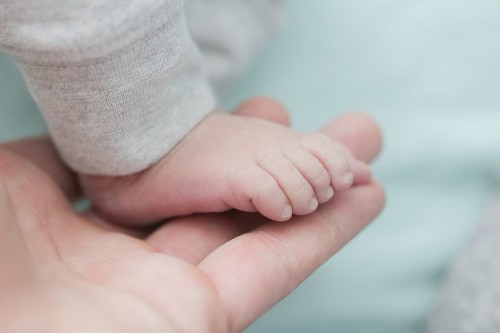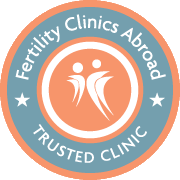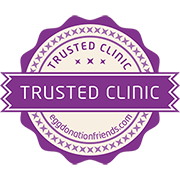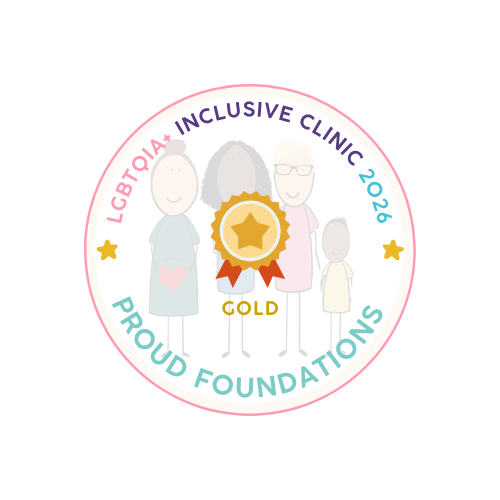Egg Freezing
Egg freezing nowadays is one of the methods we can offer to preserve a woman’s fertility.
This treatment has become feasible due to the new techniques developed in the field of tissue cryopreservation and namely vitrification. Old freezing techniques such as slow freezing had very poor results with eggs compared to embryos.
Nowadays, vitrification offers post thaw survival rates of over 95%.
The detailed costs for egg freezing can be found here.
This treatment has become feasible due to the new techniques developed in the field of tissue cryopreservation and namely vitrification. Old freezing techniques such as slow freezing had very poor results with eggs compared to embryos.
Nowadays, vitrification offers post thaw survival rates of over 95%.
The detailed costs for egg freezing can be found here.
Main indications for the use of this treatment
- Social freezing: a woman in her late 20’s or in her 30’s wishing to preserve her fertility and delay motherhood, due to professional or educational commitments for example.- Prior to therapies that might be detrimental to the ovaries (chemotherapy, radiotherapy).
- Prior to radical gynaecological surgical procedures.


Key elements
The younger the better: The best age group to perform egg freezing is between 20-36 years of age, since in this age group most of the obtained eggs are chomosomically normal.The more the best: We’ll need to assess the ovarian reserve of the woman. This can be done by looking at a
- day 2-4 transvaginal ultrasound called an Antral Follicle Count scan, where the number and sizes of basal follicles are noted.
- the AMH hormone levels. This is a blood test carried out on any day of the menstrual cycle.
Both tests will reveal the benefit of this type of treatment to the individual woman and will also clarify the type of treatment that better suits her.
Treatment process
In order to perform egg freezing, the following steps are required:- Stimulation of the ovaries. This is done through the use of injectable hormonal therapy that works to produce multiple follicles that contain the eggs. The length of time required for this step is 8-12 days and involves monitoring in your own home country through transvaginal ultrasound scans (approximately 3 required).
- Flight to Greece. We require that you fly out for your last scan to our IVF unit.
- Retrieval of the eggs. This is scheduled once the follicles have reached the size required and is performed under light sedation. A needle is passed through a guide that is adjusted on the transvaginal ultrasound probe to puncture each follicle and its contents are aspirated with a suction device. The follicular fluid is examined by our embryologists in the IVF lab for the presence of eggs. The whole process lasts approximately 5-10 minutes and one is ok to walk out of the IVF unit about 1 hour later.
- Egg freezing is performed on the same day through the use of Vitrification. All mature eggs are stored in liquid nitrogen at -196 degrees Celsius.
- Your total stay in Greece is anticipated to be 3-4 days.
- Egg freezing is performed on the same day through the use of Vitrification. All mature eggs are stored in liquid nitrogen at -196 degrees Celsius.
- Your total stay in Greece is anticipated to be 3-4 days.

Success rates following thawing
In general, the chances of pregnancy when you use your frozen eggs remain similar to those you would have if you’d used your eggs fresh.Use of frozen eggs
The use of frozen eggs can obviously take place many years after their cryopreservation, as the length of freezing does not seem to affect their quality.Newlife IVF is the first IVF clinic in Greece to be fully licensed and have the authorization to ship your gametes back to your home country.












